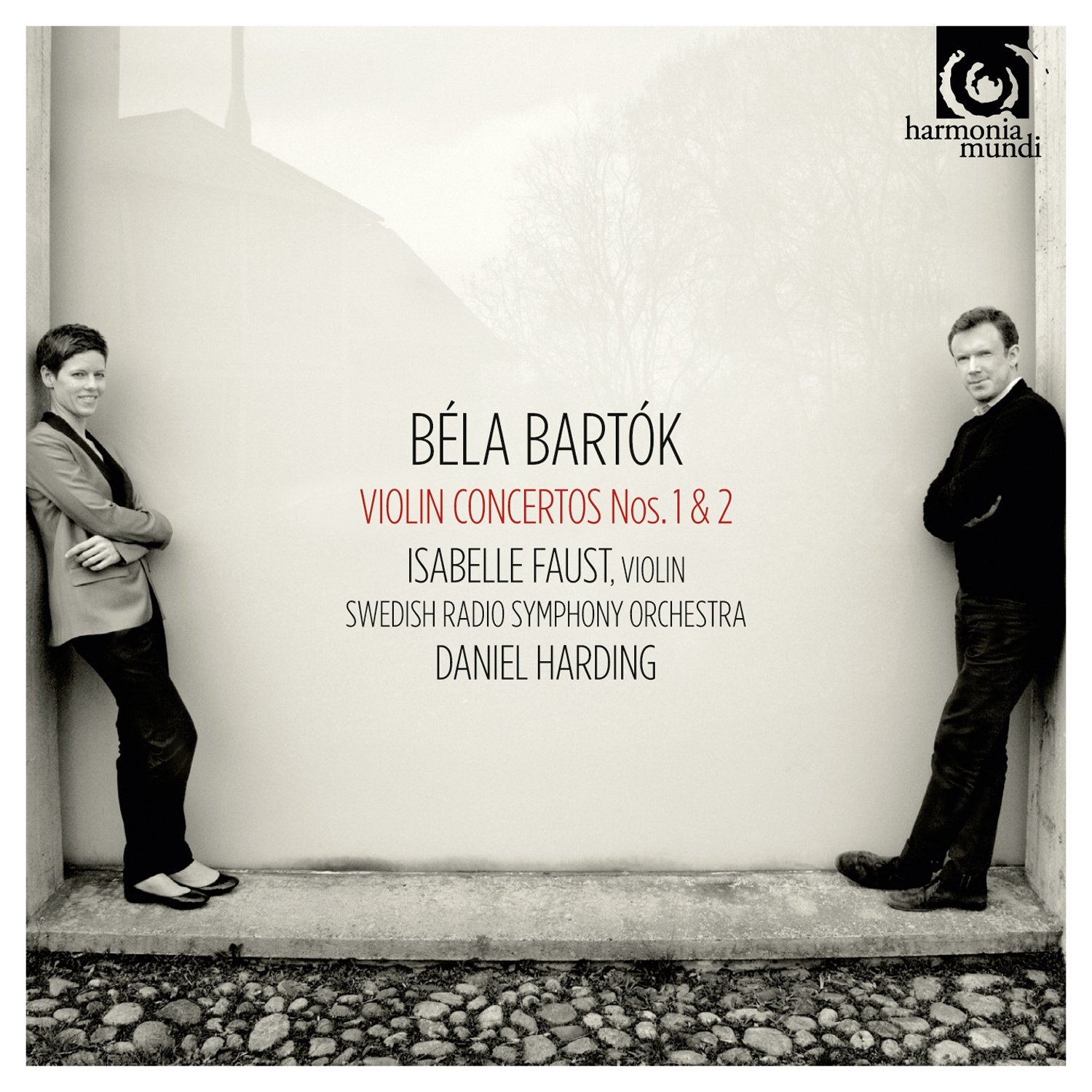It’s not because I lament the annual end of a love-hate relationship with the Albert Hall that the last few days of Proms feel rather melancholy. A bittersweetness lies rather in the drawing-in of evenings, however hot it is, so late night Schubert for one and then two pianos seemed like an appropriately introspective way of saying farewell this year.

It was too little too late to redress the scant attention gives to Verdi’s bicentenary at this year’s Proms but the “Maltese Tenor” – Joseph Calleja – arrived with an eleventh hour offering of low-key Verdi arias and joining him was the Milanese orchestra bearing the composer’s name. Calleja’s growing legions of fans were much in evidence, of course, more Maltese than Italian flags, but what can they have made of the music stand which came between them and their hero?

Purity and holiness filled the air. Boy choristers in red cassocks filed onto the platform. The BBC announcer, paraded soon after, promised “choral music to carry us into the after life”. Had I come to the right place? Was I attending my own funeral service?

May I be permitted a rude, opinionated intermezzo between reflections on Vasily Petrenko’s two Oslo Philharmonic Proms, and before Marin Alsop steps up to great expectations for the Last Night?

The Oslo Philharmonic Orchestra made quite a splash with their Tchaikovsky symphony series under Mariss Jansons back in the 1980s. The watchwords then were freshness and articulation, a re-establishment of Tchaikovsky’s innate classicism - and so it was again as Vasily Petrenko stepped out as the orchestra’s new Chief Conductor. The opening of Tchaikovsky’s First Symphony sounded so light and articulate, so suggestive of clean, icy cold air, and the clarity that brings that the subtitle “Winter Daydreams” suddenly seemed a little vague.

And so it comes to an end. The final Proms Chamber Music concert of the season didn’t offer quite as grand a send-off as the Last Night of the Proms promises to, but arguably that’s no bad thing. These lunchtime events might be slight in size but they are by no means a poor relation to the Royal Albert Hall events, offering thoughtful, miniature programmes that send us all back to our desks in a better state than we left them.
Legends, myths, and Nietzsche’s Superman - which for the purposes of this London Philharmonic Prom was none other than Vladimir Jurowski himself. His extraordinary ear, his nurturing and layering of texture, was a constant source of intrigue and delight and at least one performance - that of Sibelius’ tone poem Pohjola’s Daughter - was revelatory in its musical insights. That began distinctively with a strange little serenade for cello (Kristina Blaumane) and took us to wild and wonderful places in the hinterland of Sibelius’s imagination.



You may well ask whether theartsdesk hasn’t already exhausted all there is to say about Glyndebourne’s most celebrated Britten production of recent years. I gave it a more cautious welcome than most on its first airing, troubled a little by the literalism of Michael Grandage’s production and the defects in all three principal roles.

Proms enthusiast that I am, it still isn't often that I leave the Royal Albert Hall with a face that aches from smiling for hours on end. But judging by the endlessly ecstatic applause that greeted John Wilson and his orchestra at the end of every piece (and occasionally during) of the Hollywood Rhapsody Prom, I was by no means the only one.
